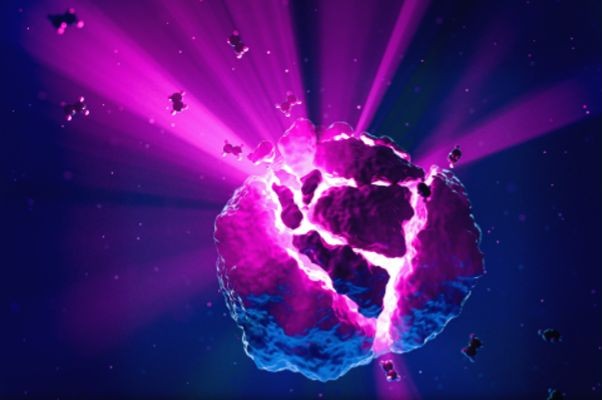The Dutch Research Council (NWO) has awarded €15.8 million to establish the Dutch X-ray Characterization Platform (DXCP), led by the University of Groningen. The ambitious initiative will create a virtual network of advanced X-ray facilities across three Dutch universities: Groningen, Utrecht, and Eindhoven. At Utrecht University, Bert Weckhuysen and Florian Meirer from the Institute for Sustainable and Circular Chemistry are leading the development of Utrecht’s contribution to this groundbreaking infrastructure.
Weckhuysen and Meirer’s research group utilizes X-rays to track chemical processes from the atomic scale to large scales, aiming to design stable and efficient materials, including catalysts crucial for material and energy transitions. Until now, Dutch researchers have relied heavily on large international synchrotron facilities for such studies. “Up to now, we performed these kinds of measurements mainly at large synchrotron facilities in both Europe and the United States,” explains Weckhuysen. “Now we’re bringing that technology into the lab. This allows us to run long-term experiments, for instance, to test the stability of catalysts under real working conditions.” The new Utrecht facility, will be integrated into the existing analytical infrastructure of the Electron Microscopy Center of Utrecht University at the David de Wied Building, enabling researchers to combine multiple imaging techniques for deeper insights into materials.
Weckhuysen and Meirer both emphasize the collaborative nature of the project. “It’s fantastic that we can now carry out such advanced X-ray microscopy here in Utrecht,” says Weckhuysen. “And of course, we’re opening this infrastructure not just to our own institute, but to researchers across the country.” Meirer adds that the lab’s applications will extend well beyond chemistry: “We also wish to investigate samples from fields like life sciences and objects of art and cultural heritage.”
The new national X-ray platform, DXCP, will operate as a distributed network among the three university hubs in Groningen, Utrecht, and Eindhoven, each offering unique expertise and capabilities. Together, these facilities will give researchers from the Netherlands and abroad access to state-of-the-art equipment, comprehensive training, and platforms for knowledge sharing and collaboration. By creating this national infrastructure, the initiative aims to reduce dependence of Dutch researchers on international synchrotron facilities for certain measurements while fostering domestic expertise in advanced X-ray microscopy techniques. The grant is part of NWO’s Large-Scale Research Infrastructure (LSRI) program, which supports the development of research facilities essential for maintaining the Netherlands’ leadership in scientific innovation.
You can read more about this award on website of Utrecht University, University of Groningen, and NWO website.

